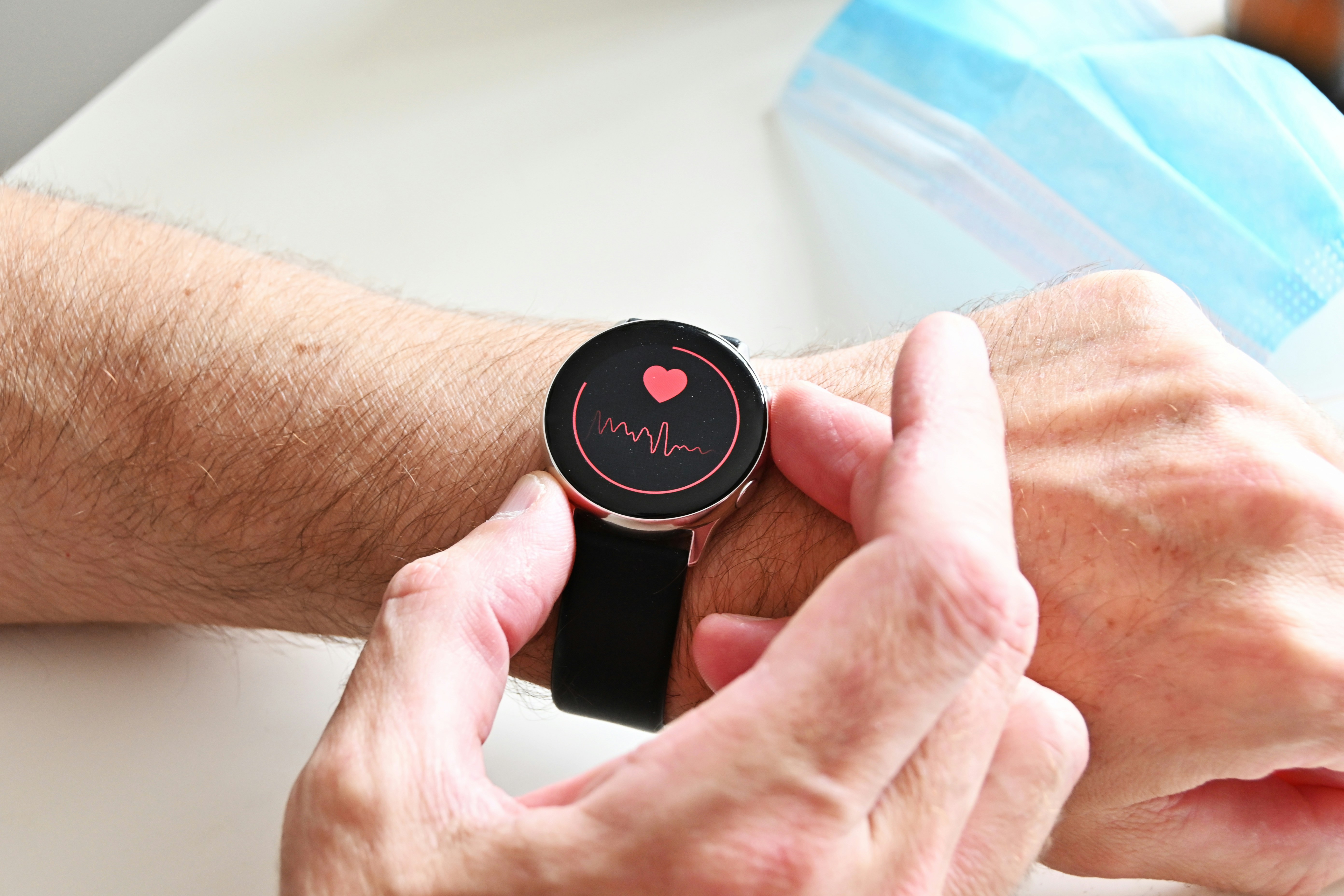Beyond Traditional Cardiology: Inside Thrive's Advanced Vascular Module
Cardiovascular disease remains the leading cause of death globally, yet traditional healthcare often takes a reactive rather than preventive approach. At Thrive, we're changing this paradigm with our comprehensive Vascular Module, designed to identify cardiovascular risk factors years‚ even decades‚ before they manifest as clinical problems.
In a recent podcast conversation between Thrive Advisor Kelly Joniak and physician Dr. Catherine Isaac, we explored the science and strategy behind our vascular assessments. Here's what makes our approach different.
Beyond Basic Cholesterol Testing
Most primary care visits include a standard lipid panel measuring total cholesterol, HDL, LDL, and triglycerides. While these metrics provide baseline information, they tell only part of the story. Our Vascular Module includes advanced biomarkers that offer deeper insights:
- Apolipoprotein B (ApoB): This carrier protein reflects the actual number of LDL particles circulating in your bloodstream. Dr. Isaac explains, "APO-B is a reflection of how many LDL cholesterol particles are migrating through your bloodstream... the more congested it is, the greater likelihood that particles will embed in the arterial wall."
- Lipoprotein(a): This genetically determined particle increases plaque buildup risk approximately sixfold. "Those particles are six times more likely to promote plaque buildup," notes Dr. Isaac.
- Inflammatory Markers: We measure high-sensitivity CRP, IL-6, and homocysteine levels, which can indicate cardiovascular inflammation.
Seeing What's Actually Happening in Your Arteries
Rather than relying solely on blood tests, we use advanced imaging to visualize arterial health directly:
- Coronary Artery Calcium (CAC) Scoring: This non-invasive CT scan quantifies calcified plaque in the coronary arteries, providing a concrete measure of existing disease.
- Coronary CT Angiogram: For some members, this more detailed scan using contrast dye visualizes both calcified and soft plaque, offering comprehensive assessment of arterial narrowing.
"Atherosclerosis is a lifelong process that takes decades to develop," Dr. Isaac points out. "When plaque is initially laid down, it's soft. But over time, as your body remodels it, it calcifies and hardens."
Personalized Treatment Through Deeper Testing
One of the most valuable components of our Vascular Module is the Cholesterol Balance Test, which determines whether a member predominantly produces cholesterol internally or absorbs it from the intestine. This distinction directly informs treatment approaches:
- High Absorbers: May respond better to medications like ezetimibe that block intestinal cholesterol absorption.
- High Producers: Typically see significant benefits from statins, which inhibit internal cholesterol production.
Additionally, our Fatty Acid Balance Test measures the ratio of omega-3 to other fats in red blood cell membranes. "An ideal omega-3 index would be greater than eight," explains Dr. Isaac. "Most people eating an American diet have a very low omega-3 index because they're not getting significant sources of fish."
Moving Beyond Fear-Based Medicine
Dr. Isaac addresses common misconceptions about cardiovascular interventions, particularly statins. "One of the big components of my job is dispelling myths around statins. A lot of people reflexively balk at the idea of having to take a medication on a daily basis."
By using personalized data rather than one-size-fits-all approaches, we can make informed recommendations that balance risk and benefit for each individual.
The Hierarchy of Cardiovascular Interventions
While we employ advanced testing and personalized medicine, we emphasize that the foundation of cardiovascular health remains lifestyle-focused:
- Food First Approach: We recommend the "800-gram diet", consuming approximately six cups of fruits and vegetables daily. "Eating more fruits and vegetables is associated with lower blood pressure, lower cardiovascular risk, lower risk of diabetes, lower risk of cancers, lower risk of all-cause mortality," says Dr. Isaac.
- Regular Physical Activity: Consistent cardiovascular exercise significantly improves vascular health markers.
- Targeted Medications When Appropriate: For those with elevated risk profiles, evidence-based medications can dramatically reduce risk. "A person with an extremely strict diet can reduce their LDL cholesterol by approximately 20 to 25 percent," notes Dr. Isaac. "But with statins, we can dramatically drop people's LDL cholesterol and ApoB by 30 to 40 percent."
- Targeted Supplementation: Supplements like omega-3s can fine-tune a cardiovascular approach, but they're the "cherry on top" rather than the foundation.
The Thrive Difference: Proactive, Not Reactive
Perhaps most importantly, our Vascular Module embodies our core philosophy: identify and address health issues before they become problems.
"Coming from traditional medicine, we were really playing catch-up more of the time than being proactive," reflects Dr. Isaac. "I get a lot of gratification out of taking care of our members, identifying disease earlier than we would have normally identified it using the traditional approach."
By combining advanced diagnostics, personalized interventions, and evidence-based lifestyle modifications, we're redefining what vascular health assessment can be‚ and helping our members live longer, healthier lives in the process.



